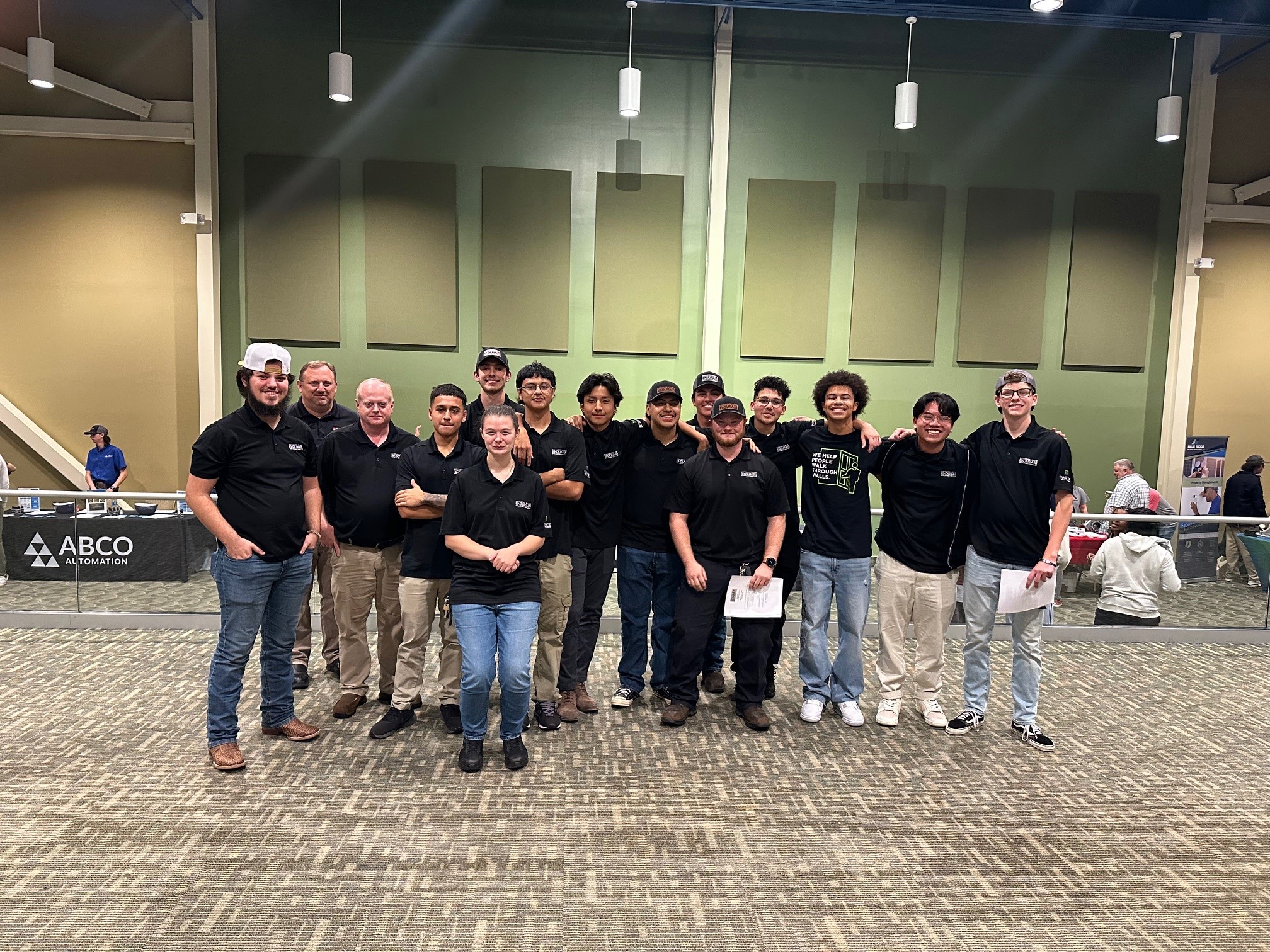COVID-19 Economic Support Working Group Broadband Presentation
On Tuesday, April 21, Jeff Sural, Director of the Broadband Infrastructure Office at the North Carolina Department of Information Technology, spoke to the NC House COVID-19 Subcommittee meeting on Economic Support. Below are the highlights of his presentation that outline immediate, near-term and long-term broadband solutions. Mr. Sural’s full testimony can be found in this audio link (starting at ~30:00 and ending ~1:02).
Broadband Infrastructure Office immediate response to COVID-19:
- Working with Internet Service Providers (ISPs) in North Carolina to offer support including not terminating service and waiving late fees for 60 days. This is a part of the FCC’s Keep America Connected pledge. Almost all ISP’s in North Carolina have committed to the pledge.
- Creating an interactive map listing free and reduced-price internet offerings and public WiFi access locations.
- Equipping school busses with WiFi hotspots to address the homework gap. While alluded to during Mr. Sural’s testimony, the official announcement came on Friday, April 24. AT&T and the Duke Energy Foundation are funding 180 hotspots for school busses. These school busses will be parked at grocery stores, churches and in other public areas, providing a half mile radius of connectivity.
- Expediting rolling payments for existing GREAT grant recipients to encourage faster deployment.
- Exploring the FCC waiver to allow school networks to serve as backhaul for wireless providers. Almost all the school networks in the state are subsidized through a program called E-rate, but those networks aren’t being used right now. The Broadband Infrastructure Office is exploring ways to use that bandwidth to connect the people in the vicinity of the school to the internet.
Potential near-term and long-term solutions:
- Extending the FCC Keep America Connect pledge to 90 days (instead of 60 days).
- Leveraging the FCC’s lifting of the E-rate ‘no gift’ rule to provide free or cost-based equipment and computers for schools.
- Requesting ISPs to submit accurate coverage data to enable better identification of unserved households.
- Requesting federal emergency appropriation to include block grants to the states to support the purchase of hotspots, cellular enabled laptops and equipment for WiFi on buses. Any immediate solutions would be helpful.
- Working with the NC Department of Public Instruction to procure 100,000 hotspots for students in the state.
- Increasing the GREAT Grant to $135M and amending grant proposal evaluation criteria to specifically fund areas not funded through federal programs. (Long term solution)
- Requiring health insurance reimbursement coverage for telemedicine services and connectivity costs. (Long term solution)
- Categories:


